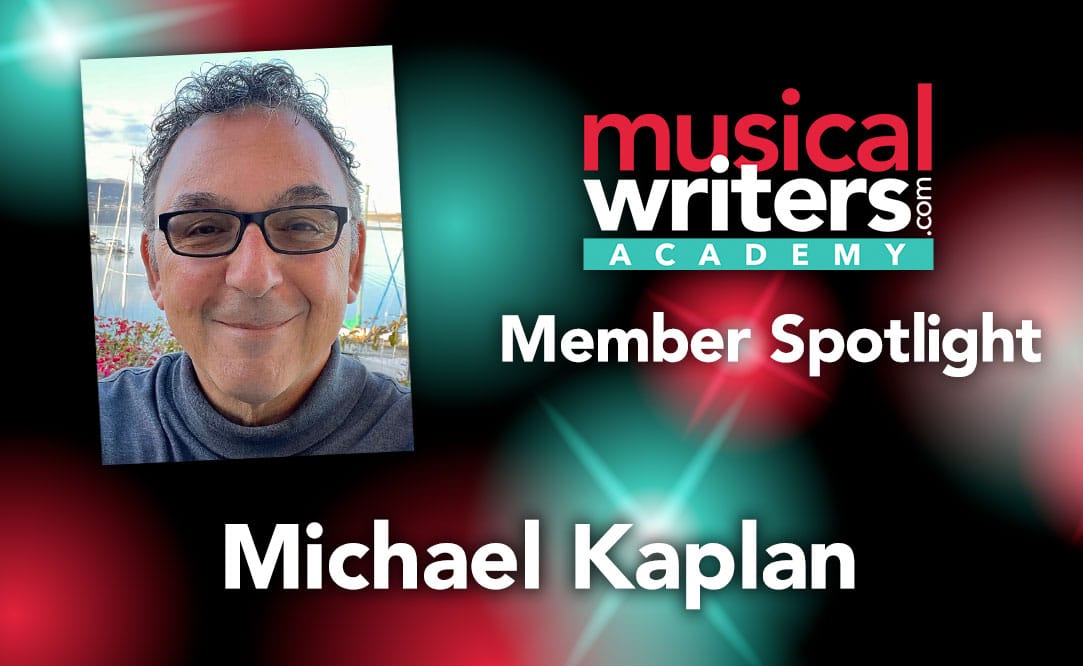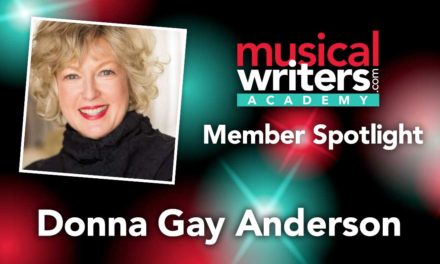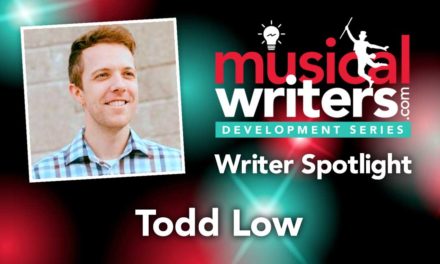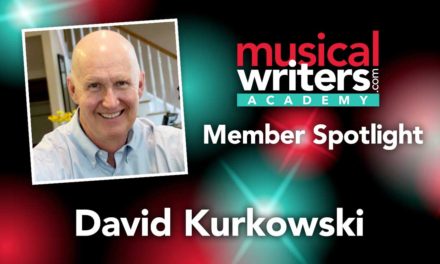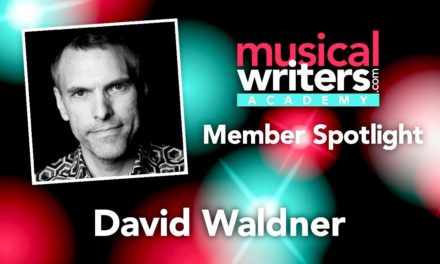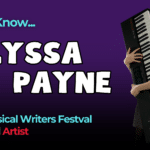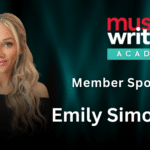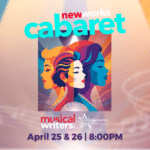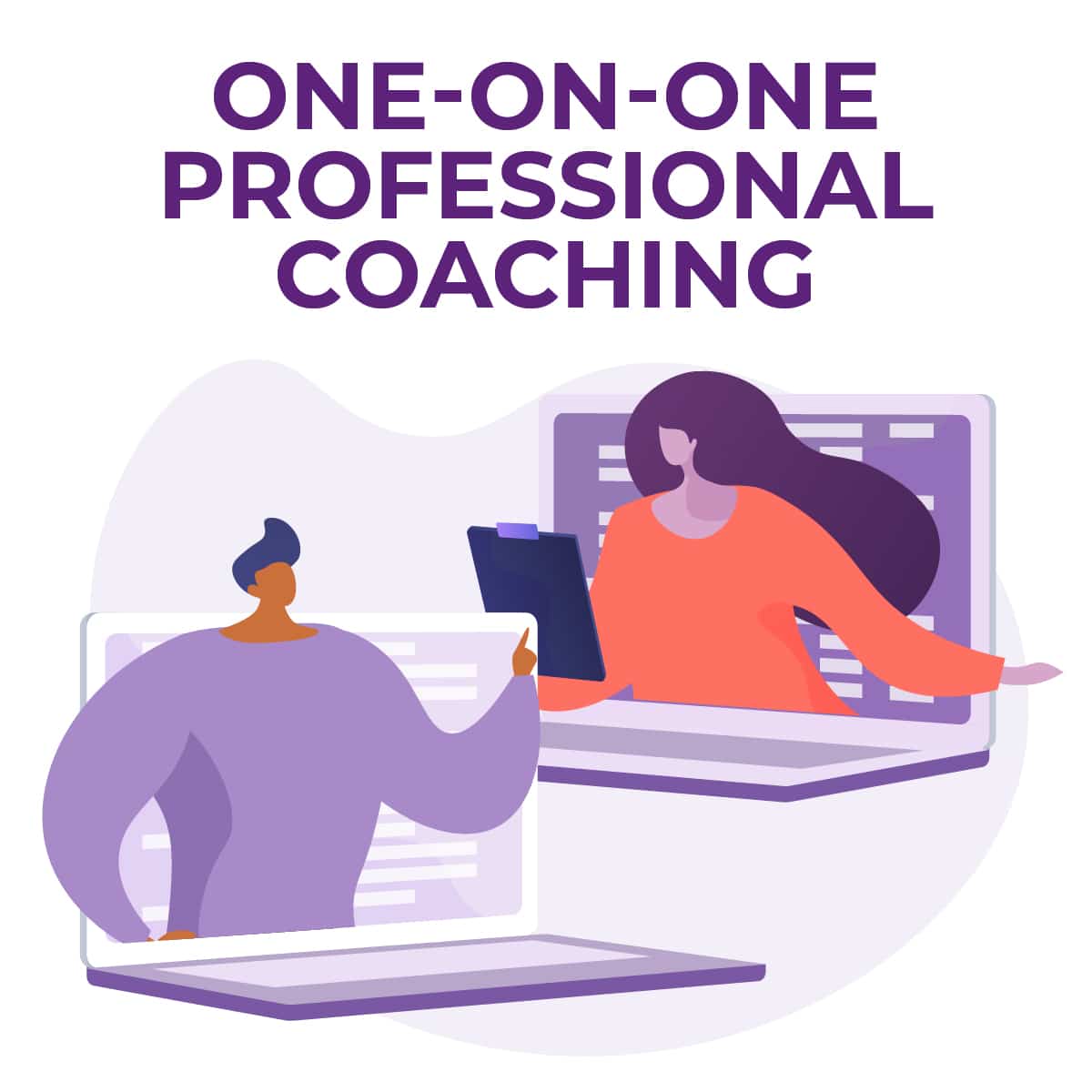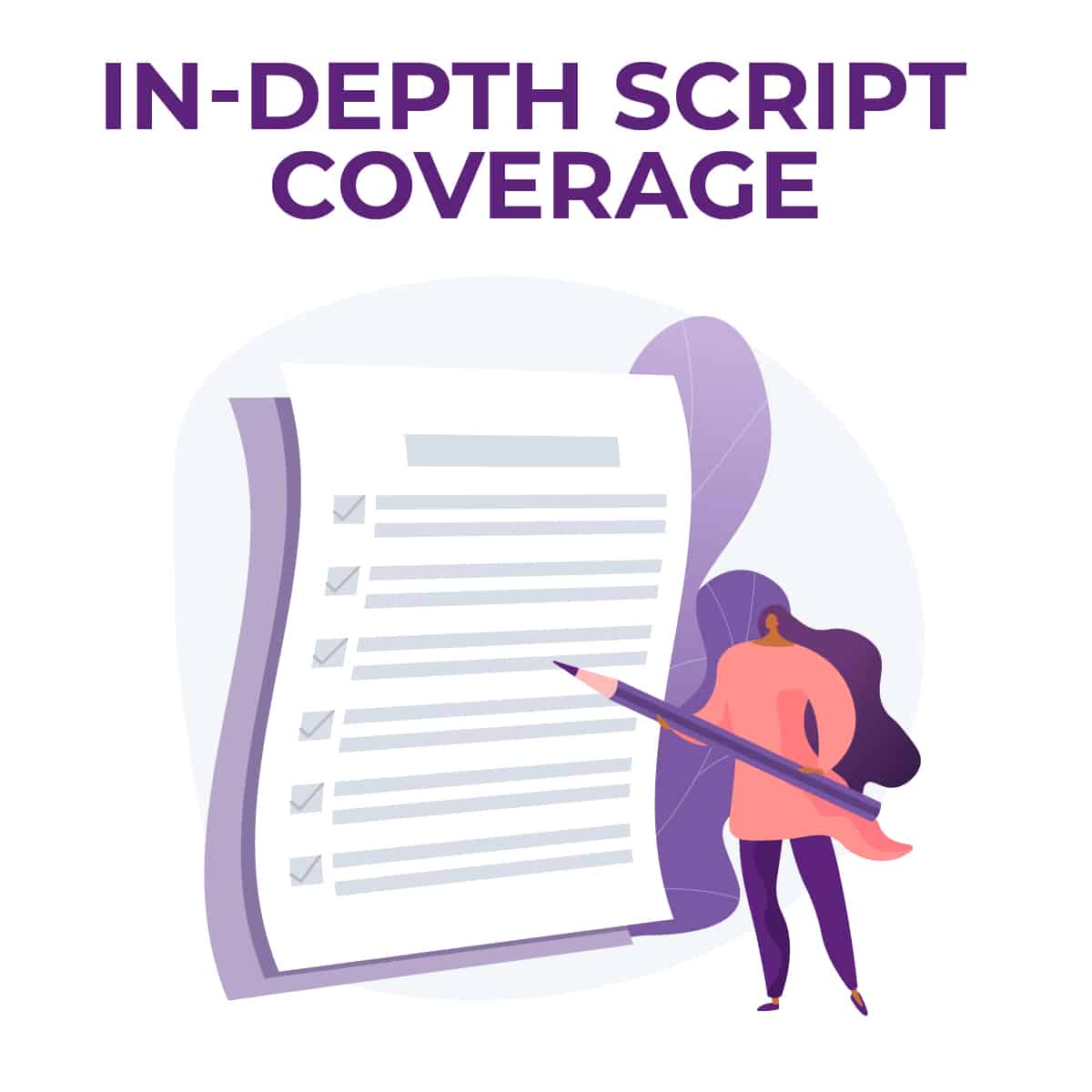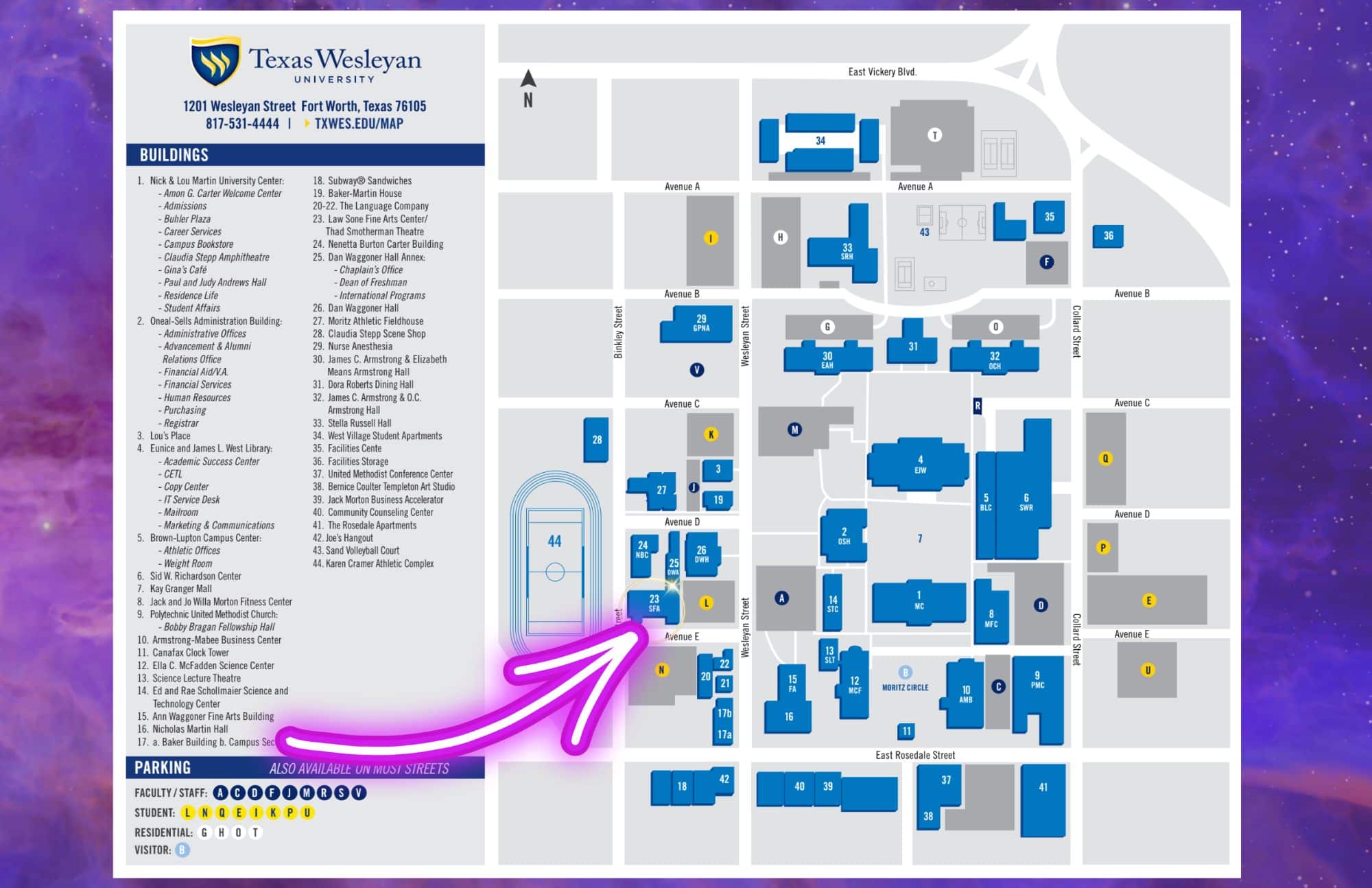Academy member Michael Kaplan was a recent recipient of an Academy Reading Series staged reading of his show Foodies. MusicalWriters Academy is made up of bookwriters, composers, and lyricists of all ages and all over the world. We love supporting our members, and we want to help share what they’re doing, what they’re learning, and where they’re headed.
“MusicalWriters.com feels like this digital Brigadoon off in a hidden corner of the Internet, where people are not wound up and ready to flame and argue, but simply want to connect over a shared love of musical theater and encourage each other.”
~Michael Kaplan
1. What’s a lesson you’ve learned from your writing journey that you’d like to share?
Michael Kaplan: The moment you finish a draft, you have so much momentum—you are ready to conquer the world. You want all of your friends to read it and applaud it, and you want to send it out and sell it immediately. But absolutely the smartest thing you can do is put it in a desk and wait two or three weeks and then pull it out and read it with fresh eyes.
Set aside a whole afternoon. When you read it, read it for flow in a single sitting. Don’t immediately start rewriting that bit of dialogue on page 2. If something bothers you, just make a little mark on the side of the page, you’ll remember when you come back to it later. Experience the show, see how it flows, notice where you get impatient.
I’ll let my freak flag peek out for a moment. We are all carrying around ideas that excite us. I like to believe we receive them from powers and influences outside of ourselves. But it is our job to do them justice and get them down on paper properly. And many of us leave big pieces of that vision in our head. Another reader can sense that and help us work towards our intention, but I am convinced we are our own best reader—if we allow ourselves the distance we need to really see what we have accomplished.
2. Writing a musical isn’t easy. What’s your “why” in being a musical writer?
MK: I have been a professional writer in various ways for 40 years now, but I burned many decades trying to game the market in Hollywood and Silicon Valley. I would describe that as writing while constantly looking in the rear view mirror. It’s a process that separated me from any authentic creative journey. Writing musicals is something I started to do in my mid-fifties. It is purely a labor of love, and it took an awful long time before I gave that gift to myself.
I think musicals are better than any other art form at inspiring joy in an audience. That is a sandbox I definitely want to play in. The thing is, I can’t write music. I make up melodies and sing them over and over until they hold together. Once I started doing that regularly, I quickly discovered it was a way to open up my heart and be a little less cynical and guarded in my work. And then came the time I stood beside my first collaborator, singing a song I had written and leaning on the piano while he played and made adjustments to the score. At some point I realized tears were running down my face. It was one of the happiest things I had ever done. Ever. And that’s my “why.”
3. Why did you join MusicalWriters Academy?
MK: I found MusicalWriters way back in the day when Carol de Giere was running the site. I was simply looking for a comprehensive database of festivals I could submit my shows to. And then lo and behold, Holly Reed took it over and sent this thing into the stratosphere. So when I was pitched a subscription-based membership, I wanted to support what was taking place. I really didn’t know how much I would engage with it. But soon I was offered a free writing workshop and that was a fine experience. More recently, I met my newest collaborator. So yeah, this website packs a punch.
4. How did you get bit by the theater bug?
MK: I was born on the east coast. When I was five years-old, my parents took me to see Hello Dolly! on Broadway with Ginger Rogers. Everybody was singing “Put on Your Sunday Clothes,” and wham! a freaking train appeared on the stage and all the characters jumped on. Five years old. Gone.
5. What do you love about MusicalWriters.com?
MK: I never feel pressured to participate, but there is always a new topic popping up that inspires me to jump in. It feels like this digital Brigadoon off in a hidden corner of the Internet, where people are not wound up and ready to flame and argue, but simply want to connect over a shared love of musical theater and encourage each other.
6. What are you working on right now?
MK: I’m finishing a revision of Foodies, but I like to have a few projects going at different stages.
With This Ring is the story of a marriage in peril, told and analyzed by three couples who all know different parts of the story and all clearly love to gossip. One could almost call it a song cycle guided by six unreliable narrators. I finished the show and figured out most of the melodies early in the pandemic but it took me nearly 2 years to find the right composer/collaborator.
I am also working with a composer/collaborator here in California, finishing up a revue called It Takes Two (Brand New Songs About Same Old Love). I had a two-year period where I wrote a batch of stand-alone songs. Eventually I saw a theme emerge, and created some sketch and monologue material to bind about 20 of them together.
I am also marketing Foodies, which I hate, hate, hate. It is a different skill set, and I possess it to a certain degree, but it doesn’t bring me much pleasure. There is nothing about marketing my work that strikes me as a journey to savor. It is all about whether I reach my destination or not, and usually I don’t, and where is the fun in that?
On a non-musical front, I participate in monthly local storytelling events. They are the lazy person’s memoirs, a chance to reframe every wince moment from adolescence and adulthood into something funny, even gentle.
7. Tell us more about your reading of Foodies.
MK: Well, the lead-up was white-knuckle suspense. I was not involved in casting or rehearsals, and I think Rebecca Lowrey asked me all of two questions about the script prior to the performance. So it was like Christmas morning for an excitable 60-year-old. Happily, I got a pony. Sitting in an audience that laughed loudly and often was an incredibly satisfying experience. On top of that, I was able to identify what needed to be cut and clarified.
8. What did you learn from the Academy Reading Series process?
- How to put together a blended script – very valuable and brand new to me.
- How to craft an audience survey that generates useful feedback.
- How much the world had changed in the last 3 years and how little my script had.
MK: Equally valuable was my postmortem with Rebecca. I was quite convinced my second act was bulletproof, and she gently led me to the realization that I had two straight songs that did not move the story at all. I was able to change up my sequence and also add some plot development to one of the numbers. Maybe not bulletproof, but a little closer now.
9. What is your favorite musical writing tech tool?
MK: For me, it’s Microsoft Word and Preview on Mac. Those two applications were what I used to make a blended script. (My musical collaborators use Finale, I believe.)
10. Anything else you’d like to add?
MK: There are 3 reasons I put a song in a particular part of the script. The story wants it, the character wants it, or the audience wants it. (Me? I don’t get a vote.) With the story, it’s simply that some exposition, backstory or plot turns are just too cumbersome when spoken. Music can give them real glide. With characters, it’s that recognizable swelling of an emotional moment that needs a song. As for the audience, I think it’s important to remember that they show up to be entertained. Sometimes it’s simply the right time for a fun song and dance that doesn’t really move anything forward.
Michael Kaplan wrote the three-act comedy, Love Town, which was published by Concord Theatricals, and We’re Cancelling Cable (and other Empty Threats), which is represented for licensing by Miracle or 2. His full-length musical, Danny Come Home, received productions in 2017 (Cambria Center for the Arts) and 2018 (Coastal Awakenings Festival, San Luis Obispo). Foodies, also a full-length musical, was recently part of the musicalwriters.com Academy Reading Series, was excerpted at the 2021 Colorado New Musical Festival, and was produced as a stand-alone podcast by Michael and Jeff Mar. Many lifetimes ago, Michael had scripts produced on television (Stargate SG-1, Michael Nesmith in Television Parts), alternative media (Psychic Detective by Electronic Arts), and film (Illegally Yours—which was butchered beyond recognition by a very famous but seriously delusional director and I ended up using the pseudonym M.A. Stewart). Michael lives in Morro Bay, California.
For more information on how to join our MusicalWriters Academy community, click here!

